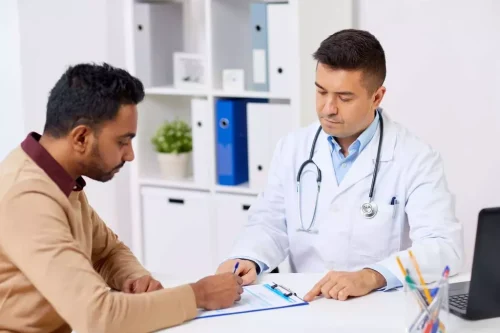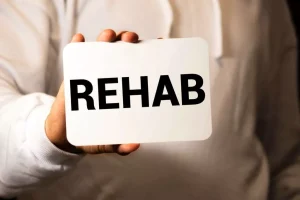
Unfortunately, not everyone will support you or respect your sobriety. So you might find yourself redefining your friendships, relationships, and boundaries. Accepting that putting yourself first will change who you surround yourself with is an important part of recovery. Sometimes being sober around drinkers people feel like they are abandoning their family, friends, and loved ones when they begin their recovery journey. It’s ok to miss these people and grieve the loss of these relationships.

Make new friends
Exercise can help to reduce stress and anxiety, while rest can help to restore energy and focus. Seeking therapy or counseling can provide a safe space to process emotions and gain insight into your triggers. For the majority of people, drinking alcohol after being sober can lead to relapse. Therefore, it is not recommended to have even one drink while in recovery.
Avoid Old Routines and Habits
“If you want to understand yourself better, you don’t need to be in a place where you don’t want to be here any more. Regardless of a players’ situation, Whitley says being able to share his own experiences helps him relate to other situations. While Whitley’s own personal experiences took him to a dark place, he says “therapy isn’t a place just to go when you are in crisis”. After being left jobless at the end his football career, he briefly worked in car sales before turning his attentions to using his experiences to help others. “I moulded myself into this type of person but some of those character traits were other people’s.

Enjoying Life Beyond Alcohol Consumption
Intimacy, including sexual intimacy, along with general stamina, may wane. They may falsely attribute these changes to aging, whereas the real culprit may be drinking. So, who should consider moving from a drinking lifestyle (which is largely the norm) to a sober lifestyle? The answer is that any couple whose drinking matches or exceeds the limits cited above would do well to consider this option. That is not to say that either partner would qualify for a diagnosis of alcoholism—only that their drinking, on average, falls outside these limits.
- If you recently had surgery or an injury, your doctor will be careful with the pain medication they give you, because some of those drugs can make you more likely to relapse.
- Once you can understand these and learn to internalize them in your daily life, saying no to a drink from your friends will be easy.
- And if you aren’t comfortable publicly owning your recovery, you can create an anonymous, secondary profile to engage with the community.
- There is nothing like the return of hope to a person who had lost theirs.
- You’re in a situation where people expect you to drink and where all your friends are going to drink.
Accept that you are in a transitional phase, which will take time.
Opioids trigger chemical changes in the brain by accessing sites in the body called opioid receptors. While alcohol is not an opioid, it produces some of its intoxicating effects by activating the same receptors. Incidentally, a person may be in treatment and doesn’t have any of the risk factors mentioned above, and it does not mean they’ll soar through recovery without experiencing a relapse.

